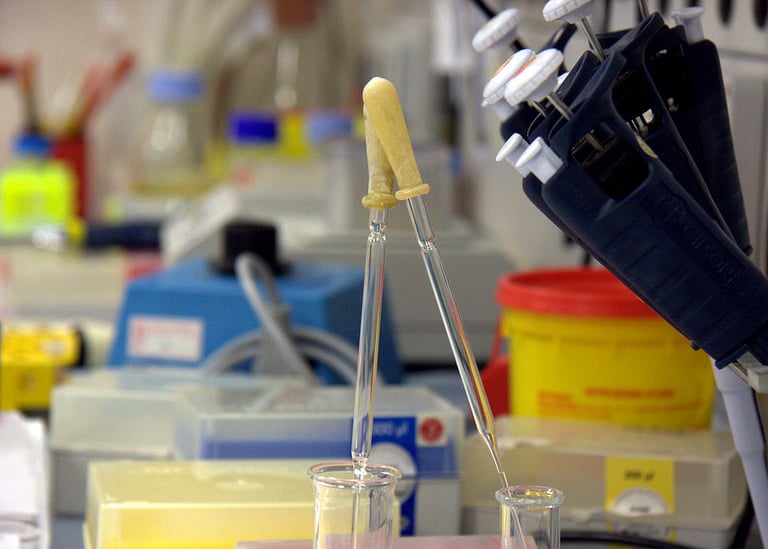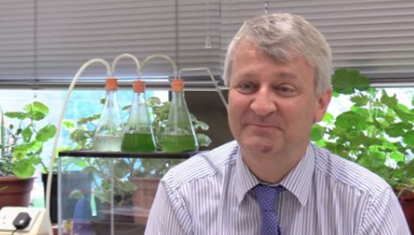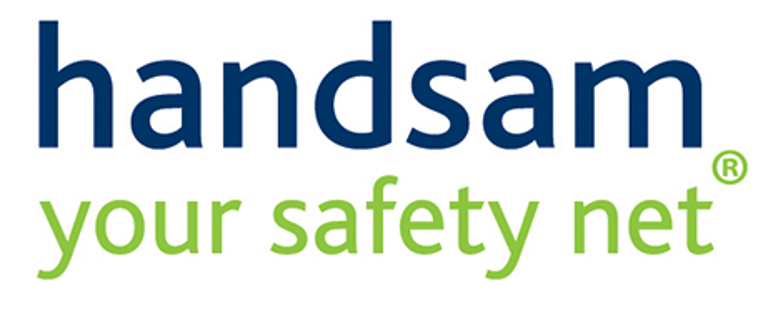
The CLEAPSS Interview


Who are CLEAPSS?
CLEAPSS is a not for profit organisation that provides advice on practical activities in Science, Design and Technology and Art in schools in England, Wales and Northern Ireland. We have 23,000 member schools and 20 staff. CLEAPSS staff are all ex-Science and Technology teachers and technicians, so they really understand schools and how they work.


We spoke to the Director of CLEAPSS, Steve Jones at their office at Brunel University, to find out more about safety management in school Science and Design and Technology, the challenges facing the subject and what CLEAPSS can do to help you stay safe and compliant.
How do you help schools and what services do you provide?
By helping to keep children and staff safe. We provide advice and guidance on how to do practical activities safely and in ways that actually work. Our advice is viewed as best practice by key organisations such as the Health and Safety Executive (HSE), Ofsted and the Department for Education.
Who is responsible for safety in school Science?
Everyone! The employer carries the ultimate legal responsibility for ensuring that what goes on in their schools is safe. They have the duty to provide their staff with information and training to ensure that activities are safe. Staff must then follow the advice provided by their employer. Staff also have a legal responsibility to flag up any safety concerns they may have to their employer.
With the recent increase on the focus of STEM subjects, has this increased the importance of services such as CLEAPSS?
We have noticed an increased demand for our services; for example increased calls to our Helpline. We would like to think that this reflects an increased focus on STEM activities in schools, however in reality we fear that it is more likely to be the result of reduced expertise and capacity in the very subjects STEM seeks to promote. Whilst there is a high level policy focus on STEM subjects, the reality at the ‘chalk face’ in many schools is that other factors are squeezing out high quality practical experiences in these subjects. A shortage of resources (Science and Technology teaching is inherently more expensive than many other areas) and shortages of confident, well qualified teachers and technicians is impacting on provision, particularly in Design and Technology
What would you say are the main issues facing Science in schools?
Teacher recruitment and retention, with a particular emphasis on retention. A shortage of specialist Science teachers is having a significant impact on schools capacity to deliver the range of practical activities we would aspire to as well as their capacity to do this safely. Hand in hand with this is a reduction in the levels of technical support. Schools are responding to cuts in budgets by reducing the numbers of, and hours worked by, support staff, which includes technicians in Science and Design and Technology. This is very short sighted; in times of financial challenge technicians need to be seen as an economic necessity. As well as saving money through efficient purchasing, they enable schools to make the most of existing resources and can often provide effective technical training for teachers and hence play a vital role in keeping these practical subjects safe. Put bluntly, technicians enable teachers to focus on teaching.
How have cuts to funding in schools impacted Science safety?
Reducing technician support is having an impact on safety. Well trained technicians act as the gatekeepers to practical work; they are one of, if not the main reason why, the UK has such a good safety record in school Science and Technology.
What are the most common mistakes you see/hear of in school Science?
Probably the most common safety related issue is inadequate ventilation in prep rooms and labs.
Can you give three tips to help schools make Science safer?
Belong to CLEAPSS. Make sure you use the advice we provide and phone the Helpline if you are unsure about anything; just having the Hazcards on a shelf is not enough. Remember the CLEAPSS Helpline is available to all staff in member schools, not just technicians. We are happy to receive calls from teachers, Head Teachers and site managers.

Do you feel that Science teachers and technicians are under increased pressure, and if so why?
Yes. Funding pressures are leading to reduced numbers of technicians with those remaining having fewer working hours, just at a time when changes to A Levels and GCSEs have increased the emphasis on practical work. Add to this the growing number of inexperienced teachers who need significant support to be able to carry out many of the practical activities safely, and it all adds up to a challenging situation for technicians and a potentially dangerous one for schools. For example, a growing number of Physics technicians are ringing the Helpline asking for advice on how to support microbiology practicals.
How important is it for schools with radioactive sources to have a formal radiation protection service in place?
It’s a legal requirement! The Ionising Radiation Regulations 1999 place a duty on any employer holding radioactive materials to appoint a Radiation Protection Adviser (RPA) and stipulates that this adviser must have postgraduate qualifications in radiological protection. This service can be accessed in a number of ways; CLEAPSS provides a mechanism for doing so, but schools can also go directly to a Radiation Protection Advisor.
What would you say to Head Teachers and Principals about the need to take safety in Science seriously?
If I had an opportunity to give a message directly to Principals and senior staff in schools about the importance of Science safety, there would be two aspects to it. The first one would be slightly tongue in cheek to say actually that this is probably the only thing that you could go to prison for as the employer’s representative. The second thing would be a more reassuring message which would be to say that this is not actually difficult to do. You do not have to be an expert in all the technical areas to do the job properly. You need to know where the advice is and to make sure that key staff in your school are making effective use of it.
Office 27, East Moons Moat Business Centre
Oxleasow Rd, Redditch B98 0RE
Phone: 0333 207 0737


